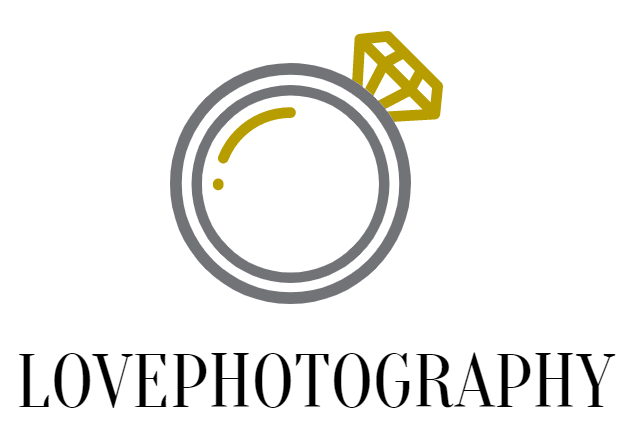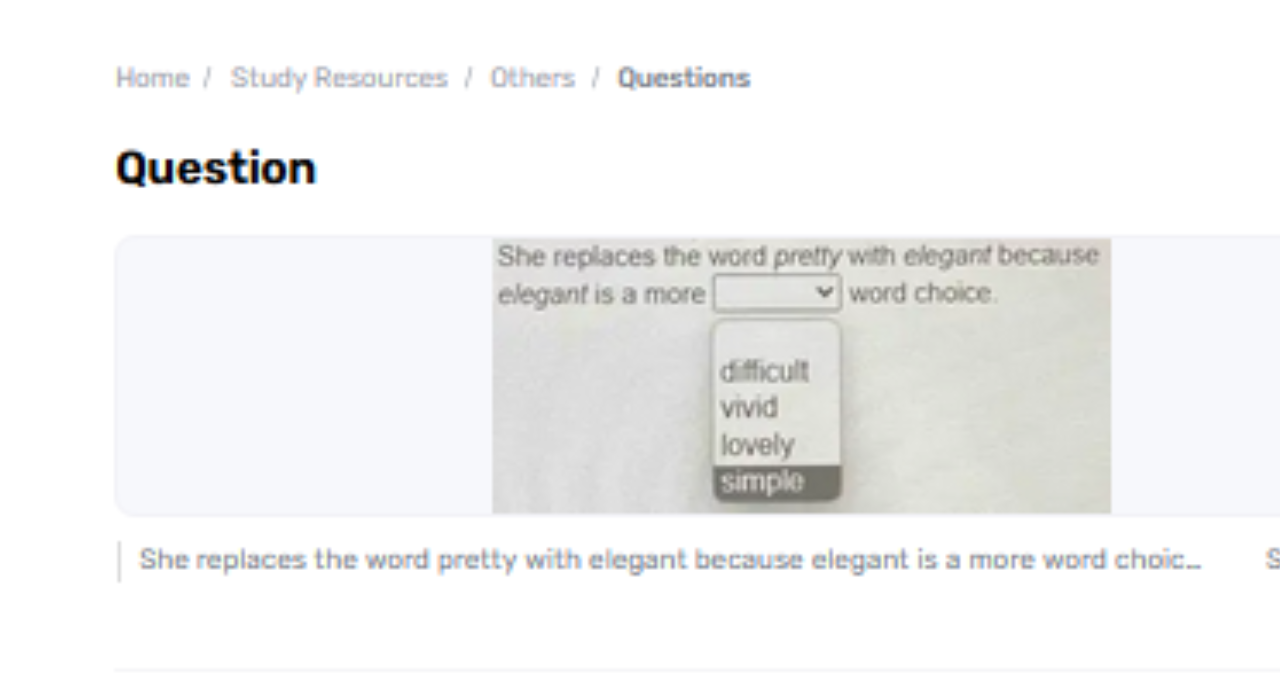Within the craftsmanship of composing and communication, word choice plays a basic part in passing on nuanced implications and bringing out particular pictures or feelings. When she replaces the word pretty with elegant because elegant is a more word choice. the move isn't just semantic but regularly intelligent of more profound eager, and elaborate inclinations. This exposition will investigate why "rich" is chosen over "lovely," analyzing their implications, effect on tone, appropriateness in setting, accuracy, nuance, and general adequacy.
The Choice Between "Beautiful" and "Rich": A Comparative Examination
Supplanting "beautiful" with "exquisite" highlights an inclination for a more nuanced and refined portrayal. Whereas "lovely" indicates basic allure, "exquisite" recommends a better level of advancement and elegance. This move impacts the tone, accuracy, and in general profundity of the portrayal, making "exquisite" a more fitting choice in settings requiring a sophisticated depiction.
Intentions of "Lovely" and "Rich"
The word "lovely" is commonly utilized to portray something that's outwardly engaging in a straightforward, charming, or alluring way. Its implications frequently incline towards a shallow level of excellence, which can be seen as charming but not especially particular. On the other hand, "rich" passes on a sense of refined excellence that goes past unimportant engaging qualities. It infers modernity, beauty, and a level of complexity that recommends a more profound appreciation of aesthetics. By choosing "exquisite" over "beautiful," the speaker or writer is pointing to bring out a more significant and recognized impression.
Affect on Tone and Fashion
The tone of a bit of composing can be essentially modified by word choice. "Lovely" frequently carries a casual or regular tone, appropriate for informal contexts or common depictions. In differentiation, "exquisite" presents a more formal and advanced tone, which can hoist the general fashion of the composing. For occurrence, portraying a chunk of craftsmanship or an individual deportment as "rich" sets a tone of reverence and regard, recommending a level of elegance and refinement that "beautiful" may not completely capture. This move can adjust way better with the planning disposition or air of the content.
Reasonableness in Setting
The setting is pivotal when selecting the foremost suitable word. In certain settings, "beautiful" may suffice, such as in casual conversation or when a basic depiction is required. In any case, in settings where the objective is to highlight the next level of refinement or advancement, "rich" is more reasonable. For case, when portraying a formal occasion, a chunk of high-end design, or a perplexing work of craftsmanship, "rich" gives a more precise portrayal of the subject's qualities
How to Utilize Gauth for Understanding Questions: A 3-Step Direct
1. Set Up Your Account and Profile
Begin by making an account on the Gauth stage and total your profile with important scholarly points of interest, counting your review level and subjects. This customization guarantees simply get focused on assets and back suited to your needs.
2. InvestigateAssets and Look for Offer assistance
Browse through the accessible materials such as tutorials and hone issues. In case you experience specific questions or troubles, utilize the stage to discover and book sessions with master guides who can give personalized help and clarify your questions.
3. Lock in Coaching and Audit Substance
Effectively take an interest in your planned mentoring sessions, utilizing interactive tools to examine and resolve your questions. After the session, audit any recorded substance and hone works out given to strengthen your understanding and viably unravel comparable questions within the future.

Conclusion
Supplanting "lovely" with "exquisite" reflects a considerate choice to improve the accuracy, tone, and profundity of a portrayal. Whereas "lovely" offers a straightforward and available term for magnificence, "exquisite" presents a level of advancement and refinement that can altogether enhance the depiction of a subject. By choosing "rich," the author or speaker points to bring out a more nuanced and recognized impression, adjusting the portrayal with the setting and upgrading the general effect of their communication. This mindful word choice underscores the significance of selecting terms that best pass on the expected meaning and resound with the group of onlookers.


